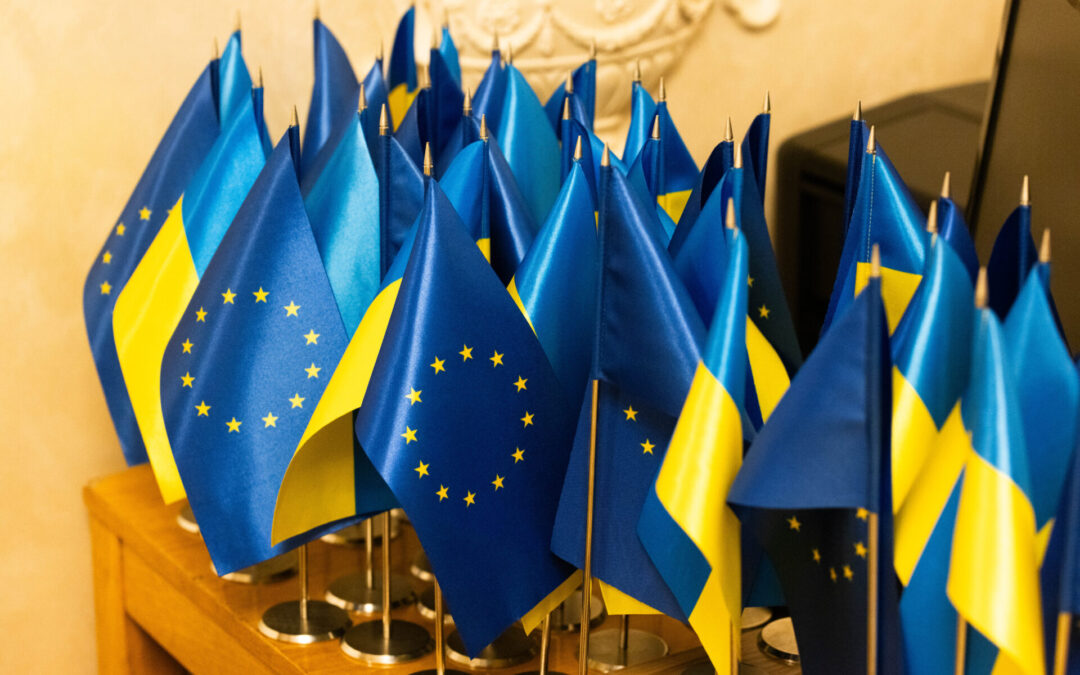Brussels – Representatives of the member states of the European Union on Wednesday in Brussels for the first time discussed in detail the new, fourteenth package of sanctions against Russia. The European Commission introduced new penalties last week, but some countries do not like the package very much, as shown during Wednesday’s three-hour debate. According to diplomatic sources from ČTK, Hungary or the Baltic states have reservations. Prague, on the other hand, objects to the fact that it does not include the Czech requirement to limit the movement of Russian diplomats in the Schengen area. The adoption of the sanctions package is expected only after the elections to the European Parliament, which are held at the beginning of June.
The Czech Republic has managed to include the media platform Voice of Europe in the sanctions package. The government of Petr Fiala included this company on the national sanctions list at the end of March, according to Czech secret services, the platform tried to influence the European elections. Voice of Europe was included in the 14th package together with three other media entities accused by the EU of spreading Russian propaganda.
Prague would also like to get pro-Russian Ukrainian businessmen Arťom Marčevsky and Viktor Medvedchuk on the EU sanctions list, who, according to it, tried to influence politicians in several European countries using Voice of Europe. Negotiations are now ongoing at the level of working groups.
For some time now, the Czech Republic has been pushing for the EU to restrict the movement of Russian diplomats in the Schengen area. According to the Czech Foreign Minister Jan Lipavský, a number of espionage activities take place under diplomatic cover, which is a “publicly known fact”. Therefore, the Czech Republic demands that Russian diplomats receive visas and residence permits that allow movement only within the host country, and not across the entire Schengen area. At the same time, it wants the EU to accept only biometric passports, which are more difficult to fake or link with a false identity. However, some countries have a problem with this measure, especially fearing reciprocal steps from Moscow.
The previous, thirteenth package of sanctions was approved at the end of February on the occasion of the second anniversary of the start of Russian aggression in Ukraine. It did not contain any sectoral sanctions at that time, as was the case, for example, with the previous one, which concerned the ban on importing diamonds. However, it did include restrictions against another 106 individuals and 88 legal entities. It was about entities mainly from the military and defense sector, but also other people who participate in the supply of North Korean weapons to Russia. The list also included other people from the Russian judiciary, local politicians, or other persons responsible for the deportation of Ukrainian children.
 go to the original language article
go to the original language article
